Why Ordinary Pregnant Women of Rajasthan Are Turning Undercover Agents
When Rajasthan’s unborn girl children started disappearing, it’s these pregnant women who came to the rescue.
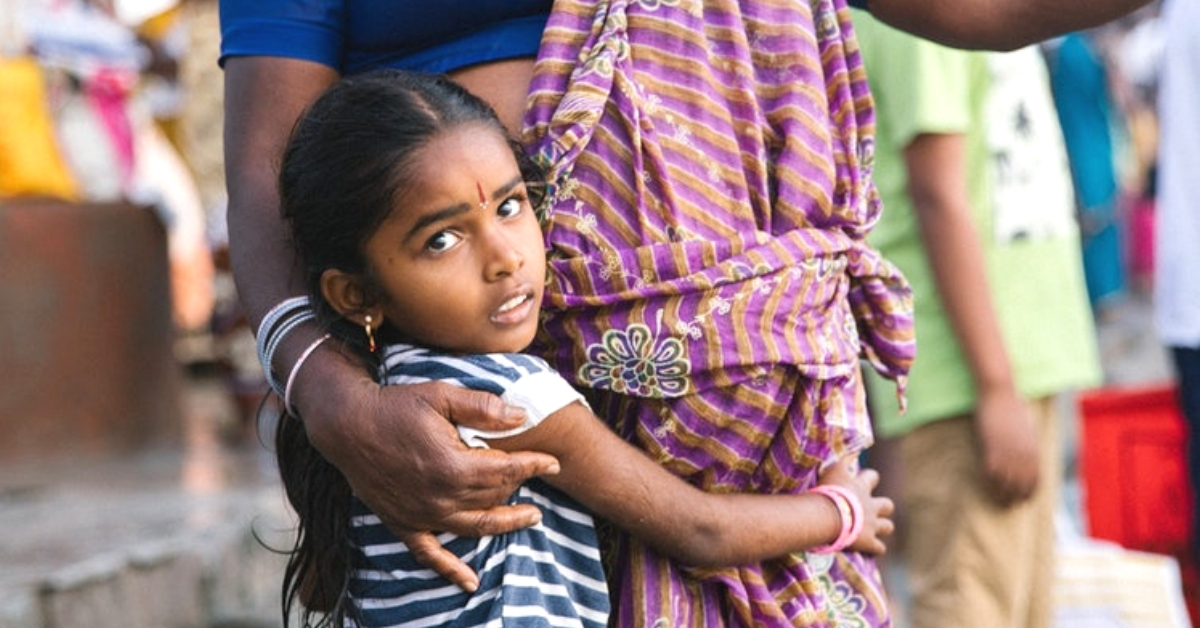
Betiyon ko mara hai, ab tu andar ja (You killed daughters, now you go to jail.)”
Aarti Devi (name changed) was not a woman who could be coerced into changing her court statement in exchange for money.
If she risked going on an undercover operation during her pregnancy, there was definitely something big at stake—girl children were disappearing from Rajasthan even before they were born.
Rajan Choudhary, hailed as the man behind saving the girl child in Rajasthan, says, “A few years ago, in Jhunjhunu, you just had to get into an auto and tell the driver that you want to get a sex determination test. He would drop you at the doorstep of the clinic and abort the foetus if it was female, at the cost of Rs 2,000.”
Sonography centres and doctors found a gold mine in the societal fallacy of rejecting the girl child, the laws lacked the power to nail them, and power centres ensured the smooth functioning of this ecosystem.
This was so rampant that Rajasthan’s sex ratio at birth plunged from an already low 909 females per 1,000 males in 2001 to a shameful 888 females per 1,000 males in the 2011 census.
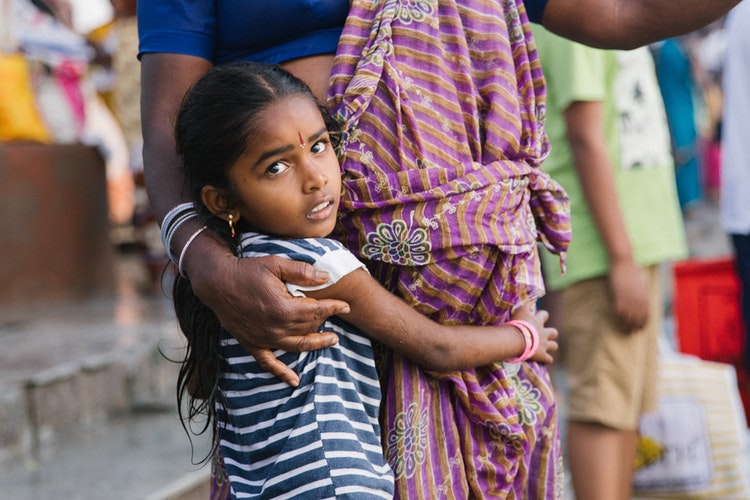
Picture for representation only. Source: https://unsplash.com/photos/u11NSN_hh_UUnsplash
This shook the state, but positively, it also unleashed a rigorous crackdown on the perpetrators of this evil.
The first in the country, Rajasthan got a police station dedicated to saving unborn girls in Jaipur. In 2012, the state decided to give its Pre-Conception and Pre-Natal Diagnostic Techniques (PCDNDT) Bureau of Investigation, which is as powerful as the CBI, the status of a police station.
“In no other Indian state does the PCPNDT have the powers to arrest the culprits and charge them under the IPC and CRPC. That’s the novelty of PCPNDT in Rajasthan,” says Naveen Jain, IAS, Chairman, PCPDNT.
With the strengthening of the PCPNDT and the support of a social activist like Rajan, the state decided to boost its decoy operations—carried out with the help of brave pregnant women like Aarti Devi.
Rajan approached her and her family when she was four months pregnant. He wanted her to become a decoy—to go to a sonography centre as a customer seeking a sex determination test. By doing so, she would be instrumental in punishing the culprits who kill female foetuses and catch them at it red-handed.
“I was worried when I first heard what they were asking me to do. But when Rajan Sir spoke to me about the cause, I felt that I should be a part of this,” Aarti recalls.
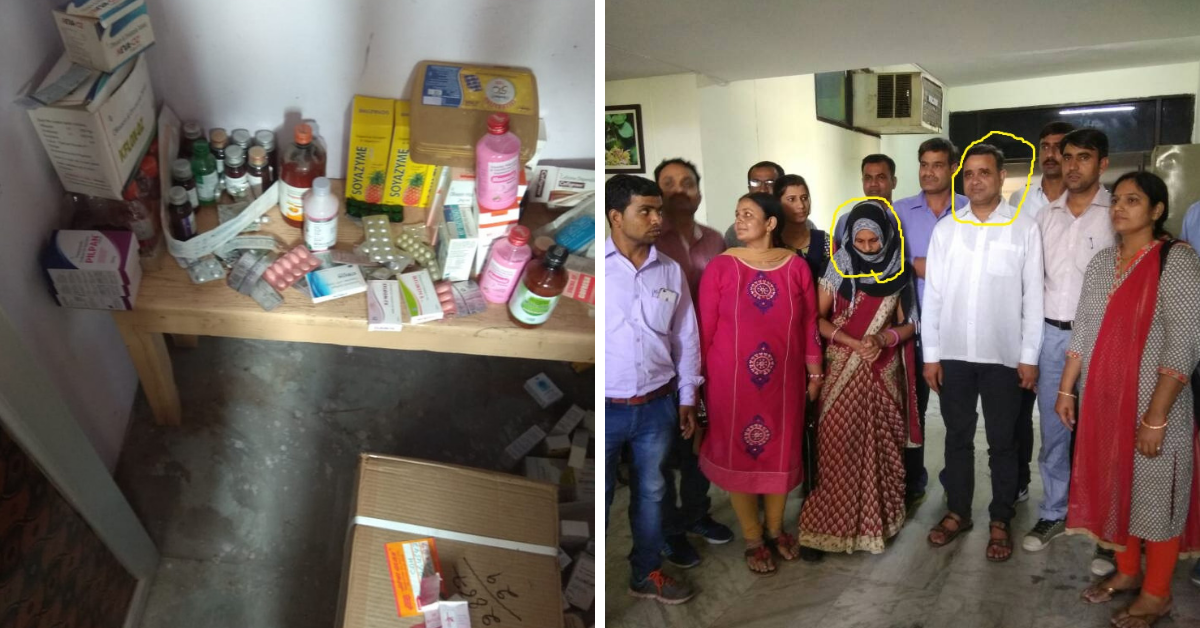
On the day of the decoy operation, Aarti left her home with a Sahayika, a supporter for the women from Rajan’s team.
Aarti walked into the clinic where several team members were present in disguise. The Sahayika had negotiated with a trusted middleman of the doctor and agreed to pay Rs 20,000 for taking the test. Aarti was given this money by the team to pay the doctor—this would become an important proof of the crime.
The test took a few minutes, and the doctor announced, “It’s negative,” meaning that the foetus was a girl.
He offered that Aarti could abort the baby at the clinic and demanded the cash for the sex determination test. As soon as she handed over the cash, Aarti signalled the team.
As dramatic as it could get, the team barged into the room, arrested the doctor, recovered the cash and took him into custody.
Aarti was the most important witness to the crime and her statement in the court would ensure that the accused was punished with imprisonment up to seven years.
According to Naveen Jain, 141 such operations have been carried out in the state since 2009. Leading doctors, big names from medical organisations, clinics run by political leaders – no one has been spared.
One of the most high-profile arrests was that of the President of Indian Medical Association (IMA) Dr Brajendra Singh. Rajan was offered a bribe of Rs 50 lakh by the doctor, which of course, he refused. But unfortunately, in this case, the decoy woman fell prey to the lure of money and turned hostile in the witness box. The doctor left scot-free.
Rajan’s team now makes sure that the women they choose for the operation are committed to the cause and will not be swayed by such offers.
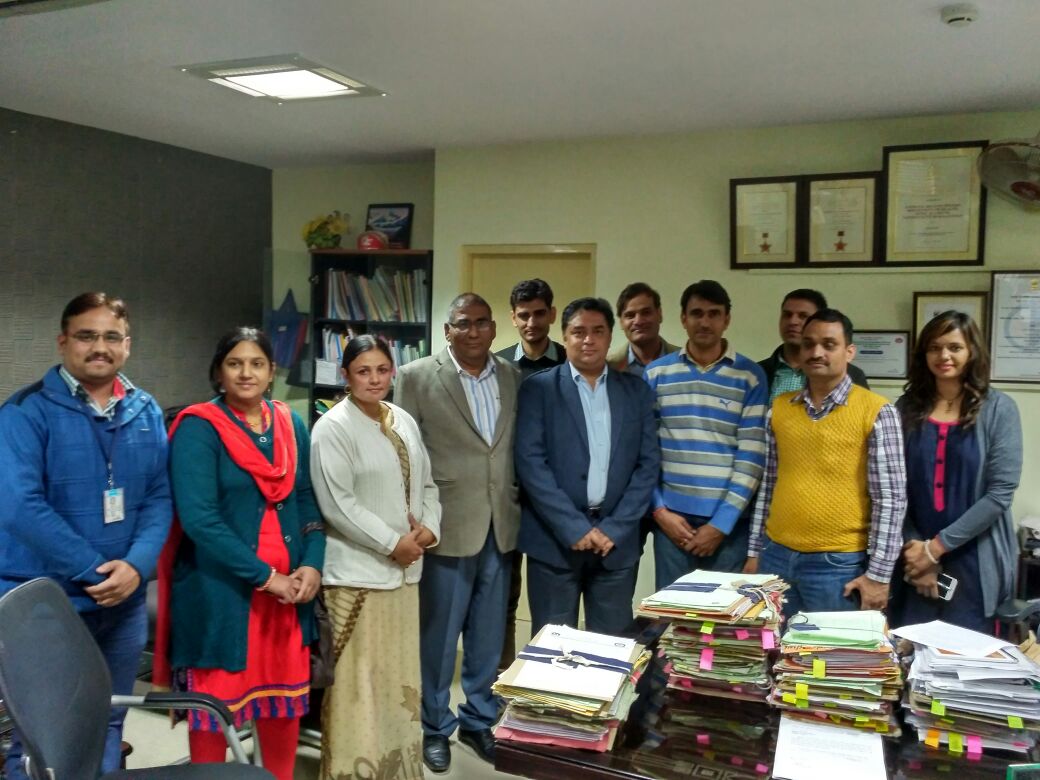
The government also increased the reward for the women to Rs 2.5 lakh for every such operation. A family member or friend accompanying the woman also gets a reward of Rs 50,000. The payment is made in instalments – after completion of the operation and appearing as a witness in the court.
Throughout the process, the safety of the decoy woman is ensured with utmost care. The accused can never reach the decoy or cause any trouble for her or her family.
The entire ecosystem that facilitated female foeticide has got badly ruptured by the success of decoy operations. The culprits, faced with the threat of imprisonment, are scurrying to save themselves. They try bribes, death threats, influencing through powerful people – but nothing works. It is now almost impossible to get a sex determination test done in Rajasthan.
“The affluent now travel to the neighbouring states to get the test done. But we chase them down there as well. PCPNDT, with the powers of Section 178 of CRPC, carries the authority to conduct interstate operations. We have held 40 successful interstate decoy operations, even surprising the police authorities of other states,” says Naveen Jain.
Naveen Jain has been instrumental in conducting 109 of the total 135 operations in the last three years.
The result of all these dedicated efforts is that the child sex ratio of Rajasthan in 2017-18 rose to 946, a whole 58 points higher than in 2011. Jhunjhunu, Rajan’s home district, which had the worst child sex ratio at birth of 837 per 1,000 males in 2011, is now the best district with 955 females per 1,000 males.
For bringing about this transformational change, Rajan received the Naari Shakti Samman Award from the President of India.
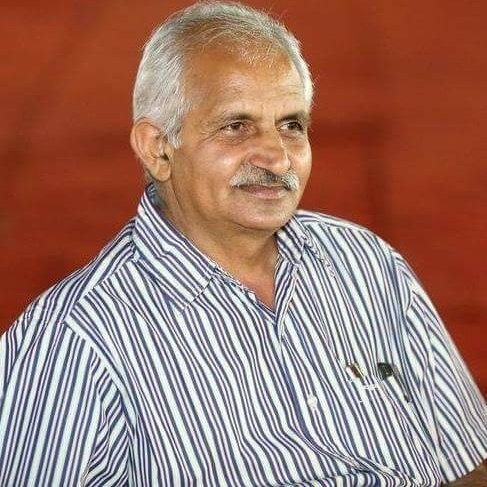
Aarti, after her first decoy operation, became a decoy again. She has inspired many women to become decoy agents. They pass on information to Rajan’s team whenever they come to know of a defaulting clinic or doctor. With children in their wombs, these brave women have owned the responsibility of saving the girl children of Rajasthan.
You can write to Rajan Choudhary at [email protected] and Naveen Jain IAS at [email protected].
(Edited by Shruti Singhal)
Like this story? Or have something to share? Write to us: [email protected], or connect with us on Facebook and Twitter.
If you found our stories insightful, informative, or even just enjoyable, we invite you to consider making a voluntary payment to support the work we do at The Better India. Your contribution helps us continue producing quality content that educates, inspires, and drives positive change.
Choose one of the payment options below for your contribution-
By paying for the stories you value, you directly contribute to sustaining our efforts focused on making a difference in the world. Together, let’s ensure that impactful stories continue to be told and shared, enriching lives and communities alike.
Thank you for your support. Here are some frequently asked questions you might find helpful to know why you are contributing?


This story made me
-
97
-
121
-
89
-
167











